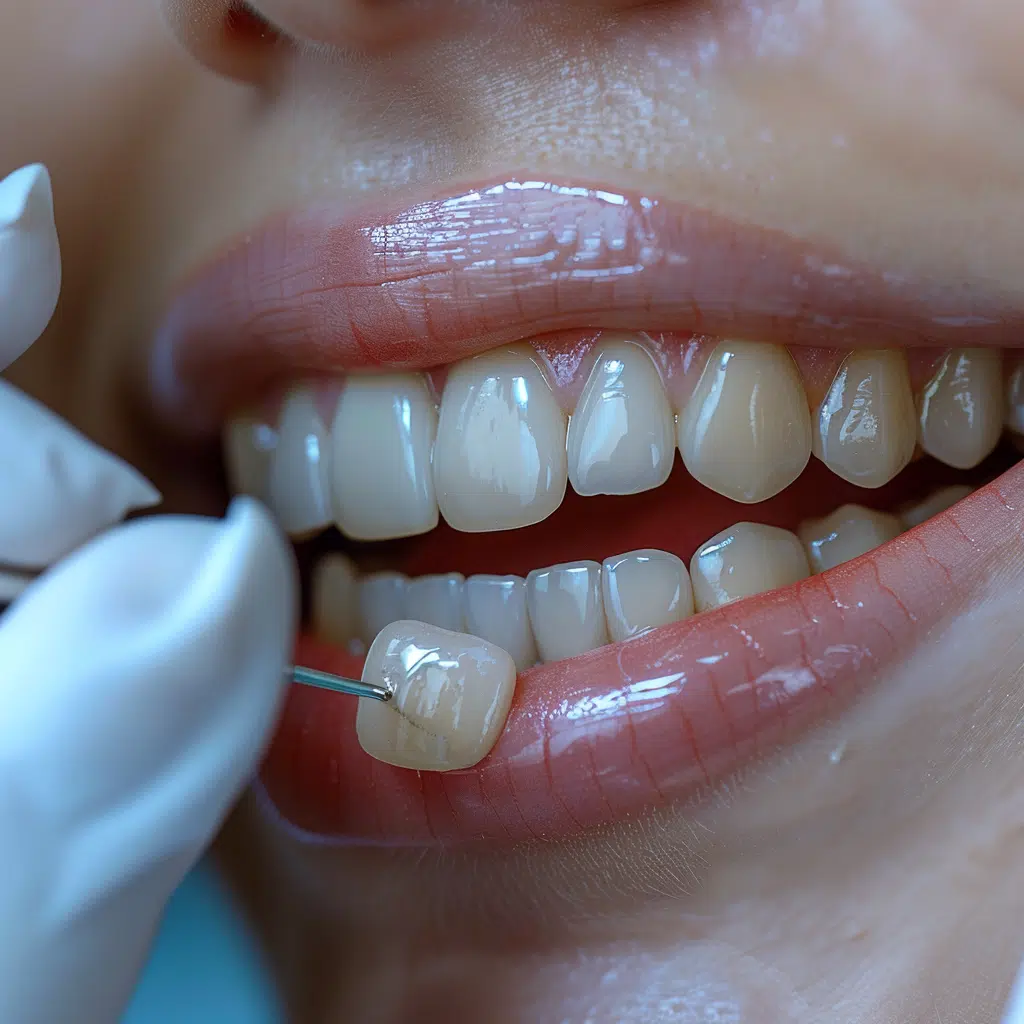There are three major components for self-care: exercise food, and sleep. These are the pillars of your self-care hierarchy. In terms of the basics, there are some ground principles that we can all have in common: eat less processed foods and drink plenty of water, and exercise could include any activity that keeps you moving. What about sleeping? What about naps at your desk or on the bus or on the couch as you sleep watching Netflix. These can be beneficial. Sleep deprivation can impact physical and psychological well-being, and the most effective method to combat it is to have a good uninterrupted sleep at the night. So to answer your question, it’s not really. Although short naps can bring you an increase in energy, they are not a substitute for deep sleep.
What is Deep Sleep?
Your body is able to experience different stages of sleep every night. The third stage of your sleep cycle, which includes non-rapid-eye movement sleep, is called deep sleep. Adults must feel refreshed when they wake up in the early morning. In fact 13 to 23 percent of an average adult’s sleep should be a deep sleep. Since adults require about 7 to 8 hours of sleep approximately 62-110 minutes of that period ought to be deep sleep.
Stages of Sleep
While sleeping the body goes through one eye movement rapid (REM) sleep stage, and three non-rapid eye movements (NREM) sleep stages. These stages take between 90 to 120 minutes to complete. The cycle begins again.
Depending on the length of time you sleep, you will experience the entire sleep cycle up to six times. The majority of NERM sleep occurs during the first hour of sleep. As time passes you spend longer in REM sleep. Let’s take a look at each stage to better know the cycle of sleep.
Stage 1
This is the time when your body transitions from being awake all the time to falling asleep. It’s easier to wake up at this stage compared to other stages. The body remains in this state for a short time and quickly shifts to the next stage. Also, sensory stimulation and brain activity begin to decrease to aid in sleep.
Stage 2
You’re still asleep and your heart rate and breathing will slow down. The muscle tension will decrease as well as your body temperature will decrease. This stage is more prevalent than the other stages. In reality, you’ll get half of your sleep at stage 2.
Stage 3
This is when you begin getting into deep sleep. In the 3rd stage the rate of breathing and heart rate are much lower, helping your entire body to relax. Your muscles and eyes relax as tension in them reduces while brain waves decrease. It is difficult to stand up at this stage and you’ll experience the most common symptoms of sleep disorders, such as sleepwalking.
REM Sleep or Stage 4
This is the last stage of the sleep cycle. The REM stage occurs about 90 minutes after you fall asleep. When your body is first entering the REM stage, it’ll last 10 minutes at first. As you experience greater sleep cycles, this time will increase to at least 15 minutes. When you begin to sleep and your eyes begin to move beneath your eyelids, this is the stage that you are able to get up. Stage 4 is the time when your brain starts to function similarly to how it functions when you’re fully awake.
Deep Sleep Benefits
Insisting on 7 to 9 hours of sleep each day is essential to wake up feeling refreshed and not tired as when you went to bed. Deep sleep has many benefits. In the first place, it improves glucose metabolism in the brain. It also supports both short-term and long-term memory. It also has an added benefit: it can help you learn better.
Sleeping in slow-waves is also the stage when pituitary glands release significant amounts of essential hormones, such as growth hormone. This is essential for development and growth.
These are only some of the many advantages of deep sleep.
- Increase the supply of blood to muscles
- helps to restore energy levels
- Regeneration of cells
- Repair of bone and tissue
- Encourages growth
- Increase the strength of your the immune system
Are you interested in the health risks you might confront if your sleep patterns aren’t in order? Sleeping in slow-waves helps your brain process the information it gathers throughout the day. Your brain may be having trouble storing this information in long-term memory when you don’t have enough quality sleep. Also, you are at a higher risk of developing illnesses such as:
- Stroke
- Alzheimer’s disease
- Diabetes
- Heart disease
What Can You Get More Deep Sleep?
The simplest and easiest way to do this is to get enough sleep. Make sure you sleep for at least seven hours each the night for a quality night’s sleep. Other methods you can practice include:
Exercise
Are you struggling to get sleep? Is it difficult to fall asleep? sleeping. To get better deep sleep, you should cut down on your drinking during the time before you get to the bed.
Coffee
Coffee is a stimulant and can help you stay awake, which is why it’s obvious that you should avoid drinking it before go to bed. A lot of people aren’t sure when they should stop drinking coffee for the rest of the day. If you’re not sure that you shouldn’t drink the coffee for seven hours before you go to sleep.
Bottom line
If you’re feeling tired and cranky when you get up in the morning, it’s likely due to a lack of quality rest at night. Here are some tips to prevent feeling exhausted and cranky when you get up early in the morning. Stable sleep cycles help your body gain endurance, boost memory, and reduce the risk of developing heart disease.





















